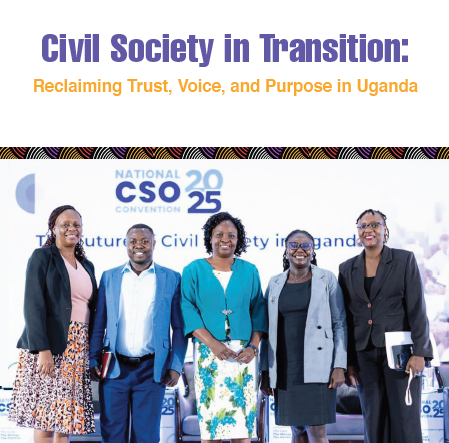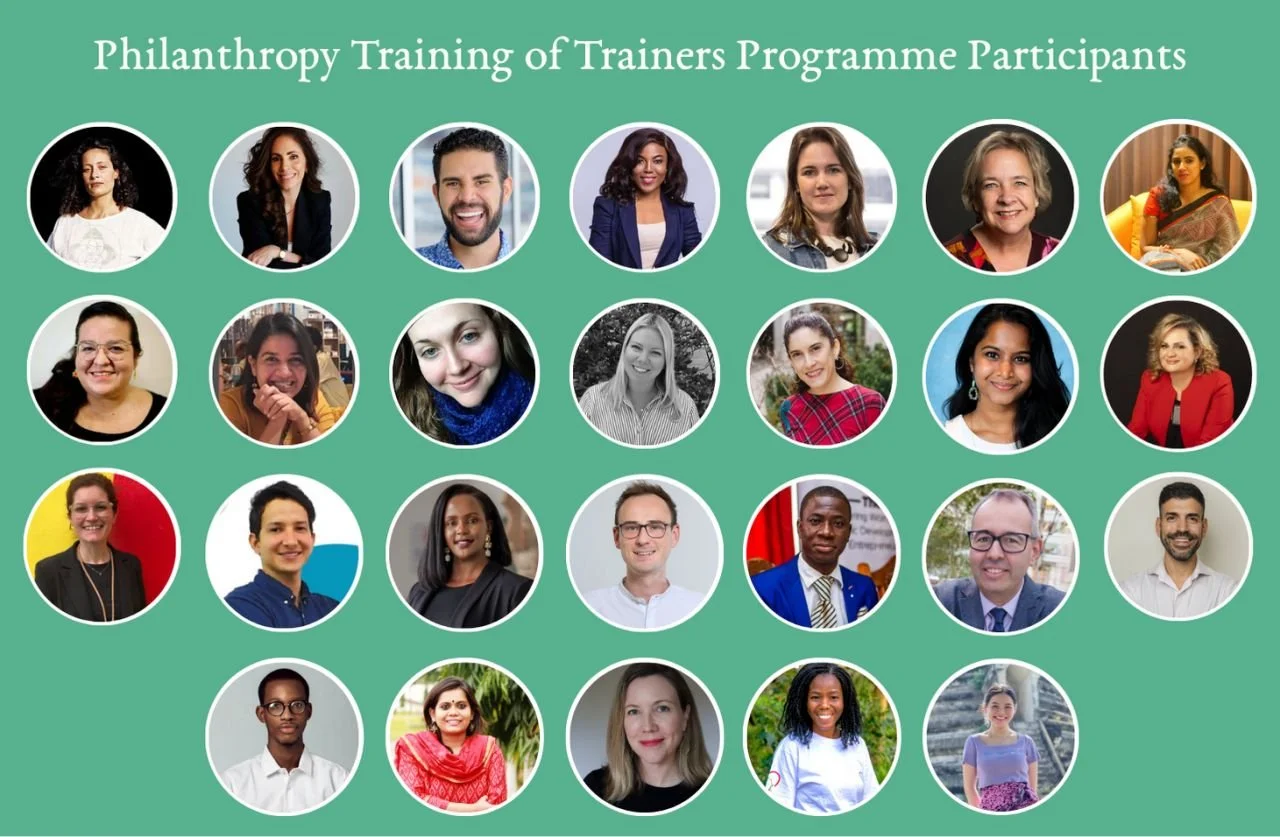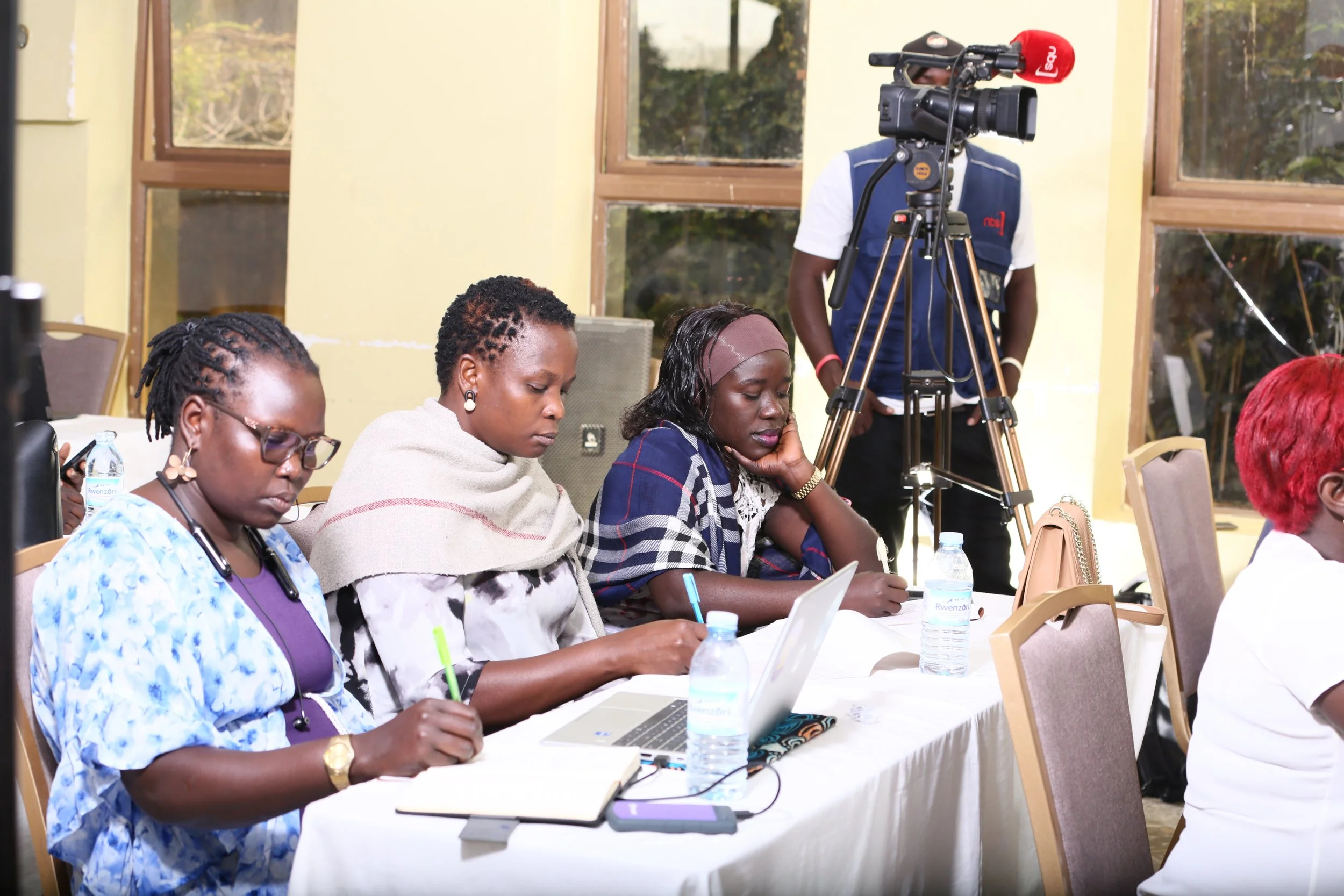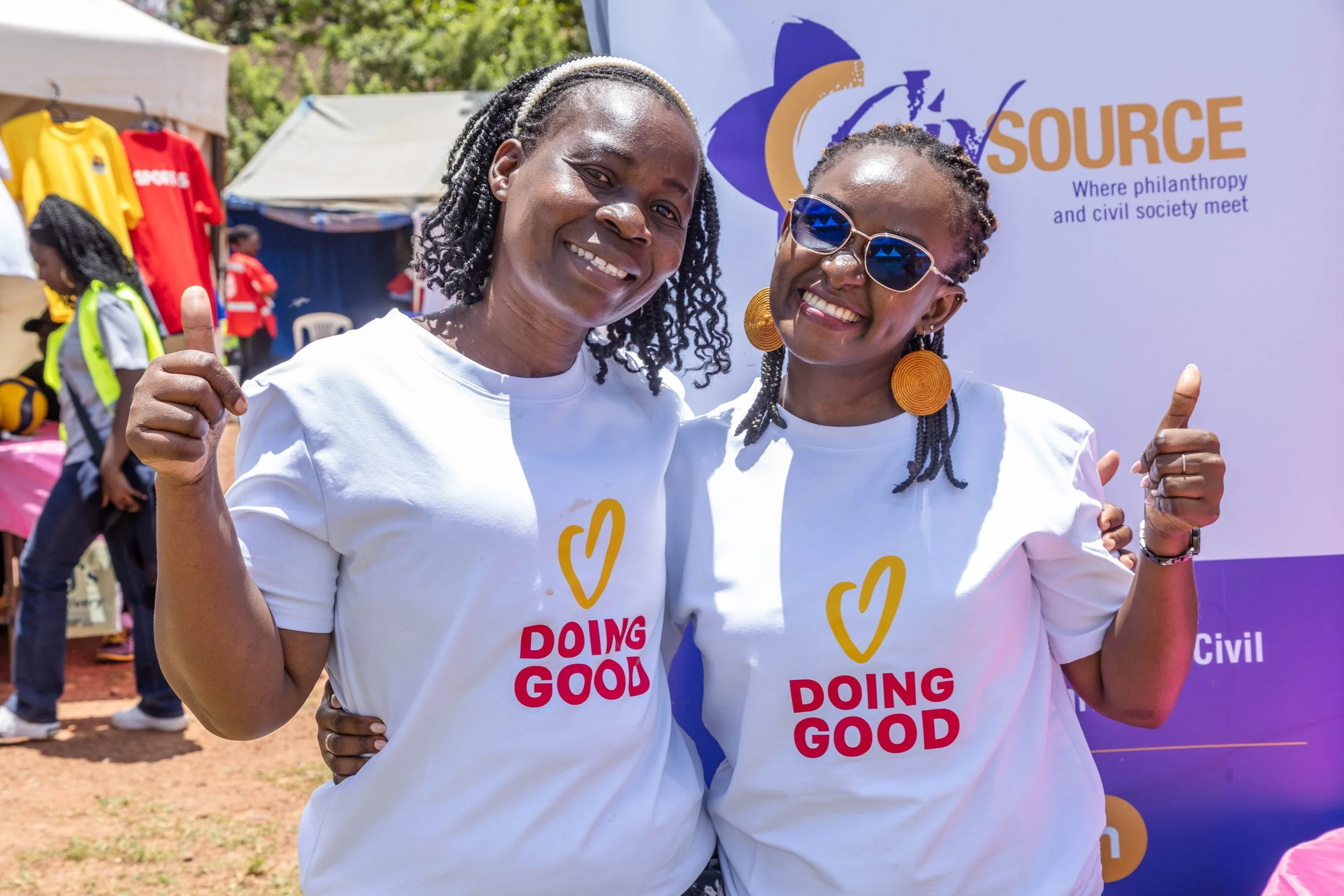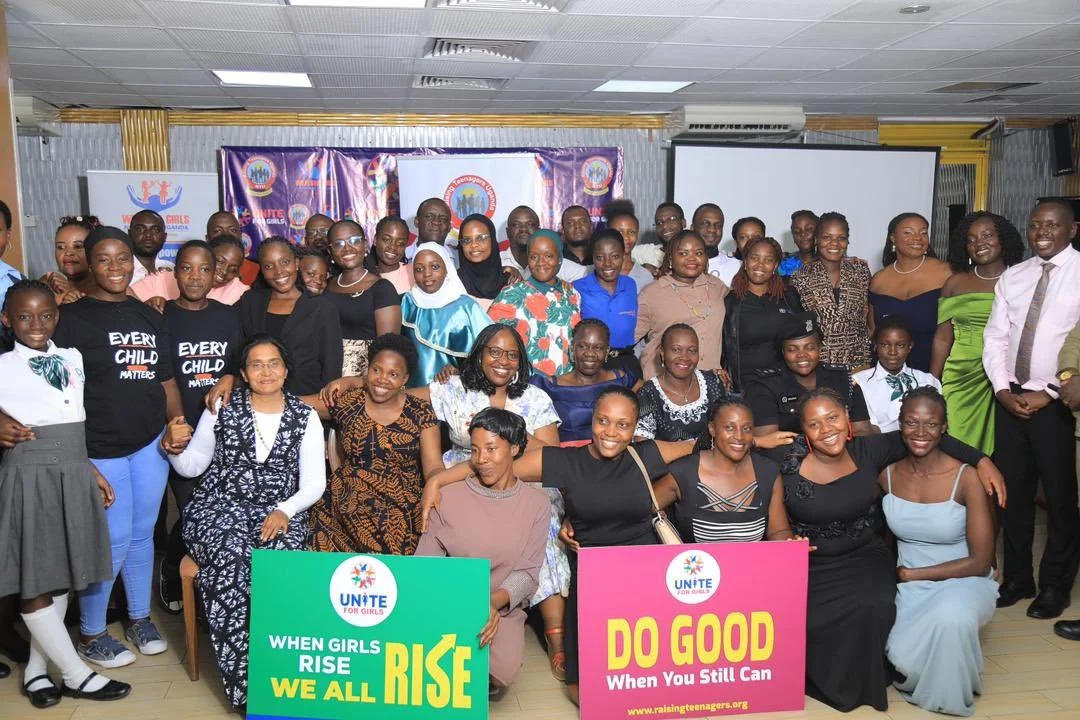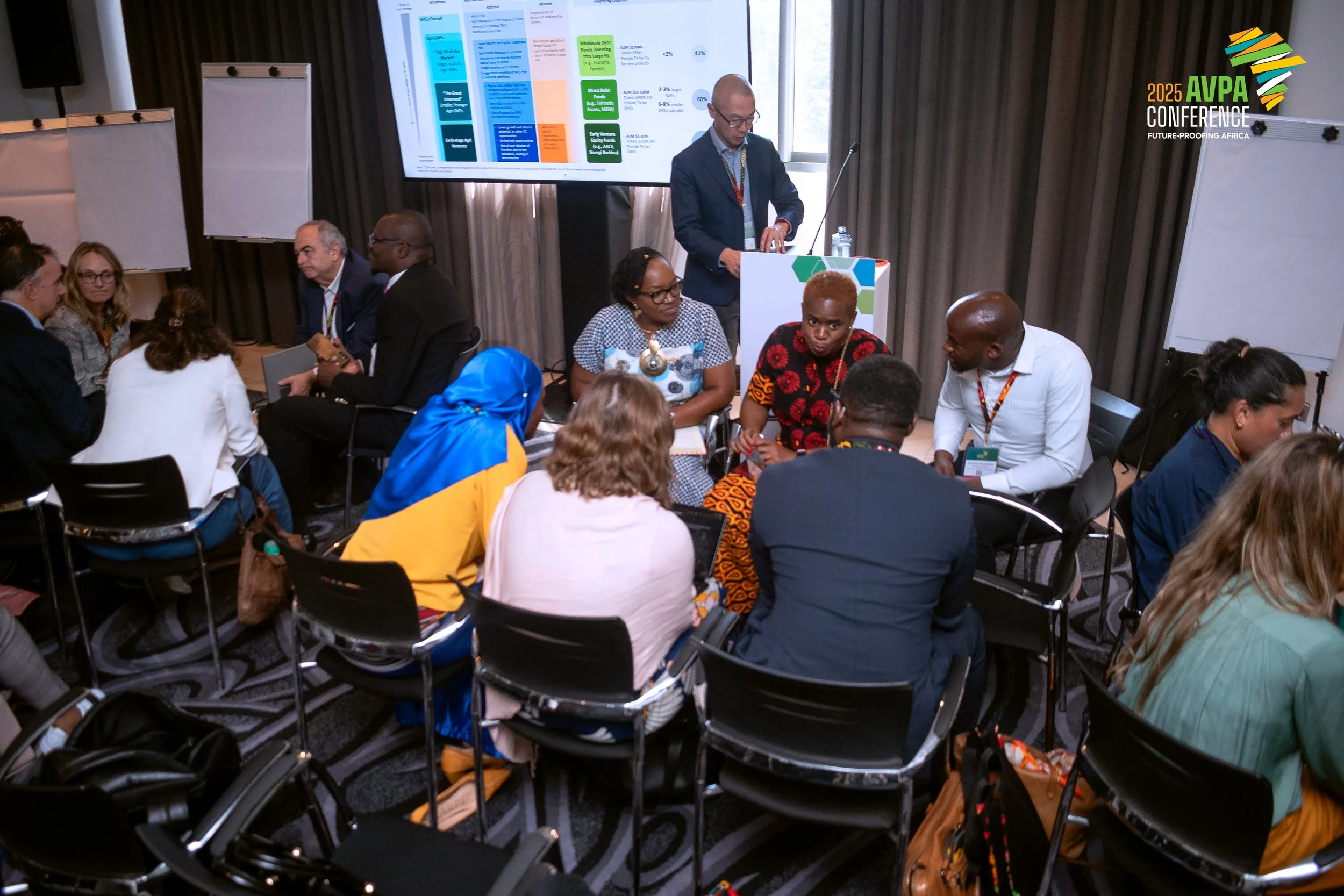Highlights
In September and October 2025, more than 400 delegates gathered at Mestil Hotel, Kampala for the 2025 National Civil Society Organisation (CSO) Convention, a national platform for learning, reflection, and joint action across Uganda’s civil society ecosystem.
The WINGS “Acting Together to Lift Up Philanthropy” Training of Trainers offered a powerful lens for understanding and strengthening philanthropic ecosystems. It aligned well with CivSource Africa’s 5Cs, adding a complementary focus on capacity, capability, connection, and credibility. A key highlight was the Kumu mapping exercise, which revealed hidden champions and immediate collaboration opportunities within the network. The training also reminded us that real impact is measured not only in outputs, but in trust built, alignment strengthened, and pathways opened, insights now shaping our work at CivSource Africa and CivLegacy Foundation. Read more
CivLegacy Foundation is proud to celebrate our own Josephine Atuhire, Programme Support for Philanthropy, whose commitment to strengthening giving ecosystems continues to shine on regional and global stages. Josephina participated in and completed the inaugural #LiftUpPhilanthropy Training of Trainers course convened through WINGS, joining 26 participants from 20+ countries to deepen practical skills in ecosystem mapping, facilitation, and strategy for building stronger philanthropic systems. The course marks an important step in growing a global community of ecosystem builders equipped to support more connected, locally grounded, and resilient philanthropy movements. The reflection piece captures key insights, lessons, and what comes next for this growing network. Read more
A convening held in Arua City in October 2025 brought CSOs and private sector actors together around a clear message: the era of sporadic corporate giving must evolve into deliberate, strategic collaboration. Participants reflected on how each sector brings essential strengths, CSOs with deep community insight and trusted grassroots networks, and businesses with capital, innovation, and operational capacity, and how combining these strengths can unlock solutions neither side could achieve alone. Speakers emphasised that meaningful partnerships are built on mutual understanding, clear communication, trust, and accountability, and that today’s interconnected challenges require long-term engagement rather than transactional support. The convening also modelled the spirit it championed, having been curated through joint leadership by West Nile Regional Civil Society Network (WECISNET), Uganda National NGO Forum, and CivLegacy Foundation, with ecosystem support linked to CivSource Africa, laying stronger groundwork for sustained partnership and community impact.
CivLegacy Foundation, together with CivSource Africa and a wide circle of like-minded partners, joined communities across Uganda to celebrate Good Deeds Day 2025, a colourful gathering held at Nakivubo Blue Primary School under the theme “From Waste to Worth: Innovating for Clean and Green Communities.” Designed to promote climate action and waste-management advocacy through creative expression, the day blended music, dance and drama, community engagement, and practical acts of service that planted seeds of generosity, especially among young people. Activities ranged from a spirited march through Kampala led by a brass band, to blood donation, sharing food with street children, youth talent showcases, and exhibitions by local organisations demonstrating how they are building cleaner, healthier communities. Beyond the event itself, the celebration amplified a clear message online through #GoodDeedsDay, #OmutimaOmugabi, and #DoingGood: kindness has a ripple effect, and generosity, through time, talent, and treasure, can be a powerful tool for social change.
The Unite for Girls Dinner, hosted at Hotel Africana on 10 October 2025, brought together students, parents, teachers, government leaders, and philanthropy actors for an evening dedicated to celebrating, empowering, and protecting the girl child. Curated by Raising Teenagers Uganda and Wezesha Girls Network – Uganda, the gathering was both a celebration of progress and a clear call to action, grounded in the reminder that girls must feel safe, valued, and supported for them to thrive. A standout moment came from two courageous girls from Mt. Olive School Namugongo, who shared the Child Raise Child Project, a student-led initiative showing how even 500 shillings can help another child stay in school. The night also reinforced the power of collective action, with reflections that lasting change is built together, turning the dinner into more than an event, but a shared promise to keep raising voices and widening opportunities for girls.
The Role of Ubuntu, Collective Action, and Entrepreneurship in Transforming Africa.
At the 2025 African Venture Philanthropy Alliance (AVPA) Conference in Nairobi, held under the theme “Driving Sustainable Investments and Innovations for Resilient Growth,” one message stood out clearly: Africa’s journey from dependence to true independence will be built through Ubuntu (“I am because we are”), collective action, and entrepreneurship. Conversations with philanthropists, investors, and social entrepreneurs reinforced the shift from traditional grant-making to catalytic capital that turns bold ideas into investable, scalable solutions. From climate and health to agribusiness and education, speakers challenged leaders to move from extraction to creation, and from charity to partnership, aligning purpose with profit, and intent with execution, so Africans are not just beneficiaries of development, but architects of their destiny.

